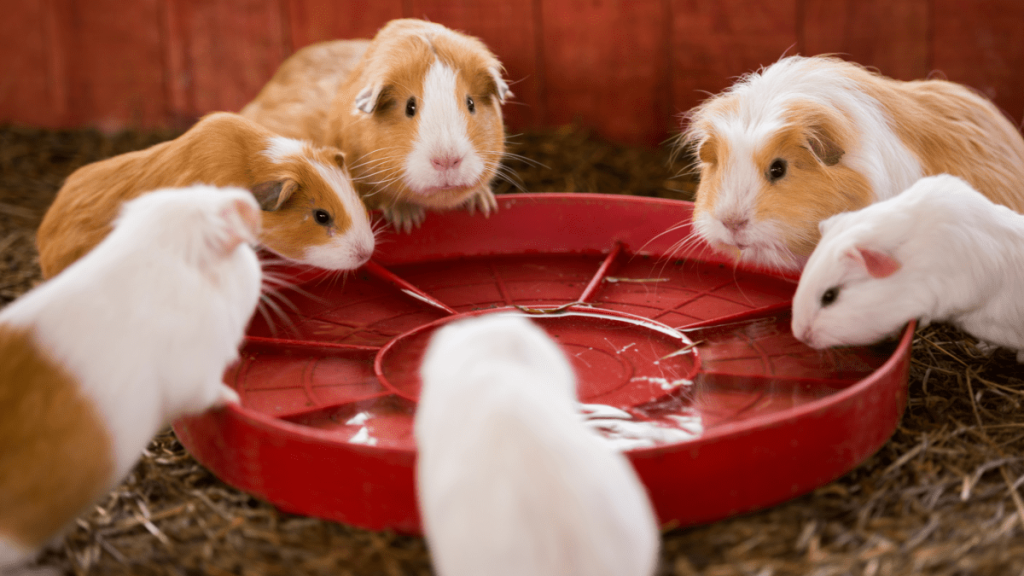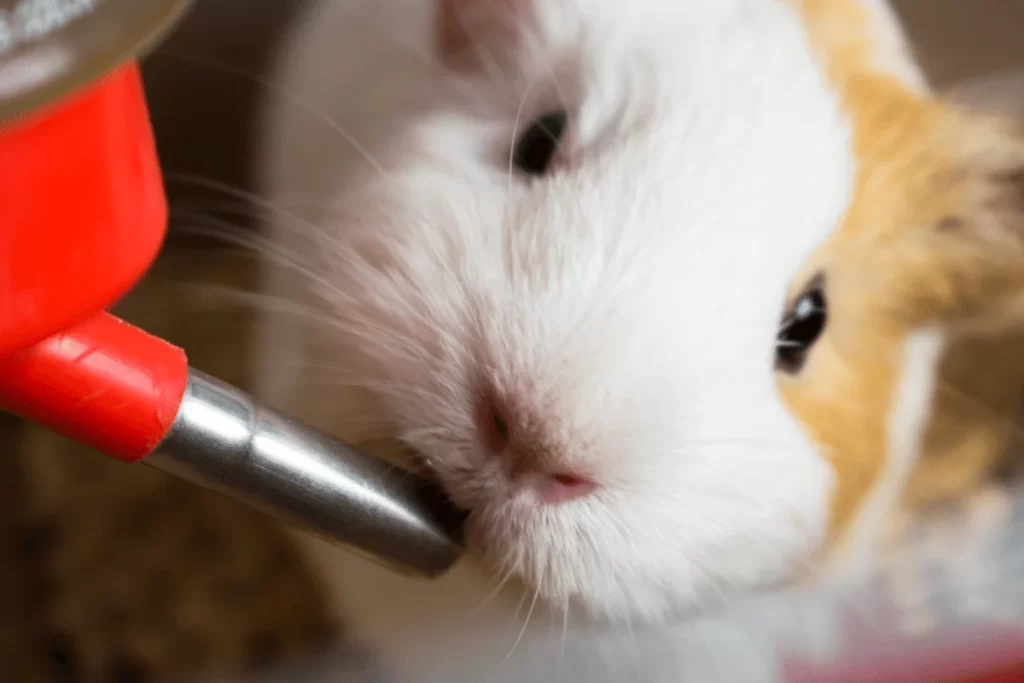Guinea pigs, also known as cavies, are one of the most popular pets for children due to their small size, cute appearance, and friendly nature. These furry little creatures are perfect for kids who want a pet to love and care for, as they are easy to handle, affectionate, and low-maintenance.
However, before deciding to get a guinea pig for your child, it is important to understand their needs and how to properly care for them. In this article, we will provide a detailed description of guinea pigs and their suitability as pets for children.

Basic Information about Guinea Pigs
Guinea pigs are small, herbivorous rodents native to South America. They are social animals that live in groups or pairs in the wild and require daily interaction with humans or other guinea pigs to thrive in captivity. They are generally docile and gentle creatures that enjoy being held and cuddled, making them popular pets for children.
Guinea pigs have a lifespan of about 5-7 years, although some may live up to 10 years with proper care. They come in a variety of colors and patterns, including black, white, brown, orange, and spotted.
Guinea pigs are also known for their vocalizations, which can range from squeaks and chirps to purring and chattering. They use their sounds to communicate with each other and with their owners, indicating their mood, hunger, or desire for attention.
Caring for Guinea Pigs
Before bringing a guinea pig home, it is important to have a suitable living space and the necessary supplies to care for them. Guinea pigs require a cage or enclosure that is large enough for them to move around and exercise, as well as a constant supply of fresh water, hay, and vegetables.
Their diet should consist of a variety of fresh vegetables, such as kale, spinach, bell peppers, and carrots, as well as a small amount of fruit and pellets. It is also important to provide them with fresh hay, as it helps keep their digestive system healthy and provides them with something to chew on.
Guinea pigs also need daily exercise, either through running around in a play area or using a wheel or ball to move around in their cage. They also need regular grooming, including nail trimming and coat brushing, to keep them clean and healthy.

Interaction with Children
Guinea pigs are social animals that enjoy human interaction and attention. They are generally calm and docile, making them ideal pets for children. However, it is important to supervise children when handling guinea pigs, as they can easily be injured if not handled properly.
Children should be taught how to hold guinea pigs gently, supporting their bodies and avoiding lifting them by their legs or tails. They should also be taught to respect the guinea pig’s personal space and not to disturb them when they are sleeping or eating.
It is also important to provide your guinea pig with regular socialization with humans or other guinea pigs. This can help keep them happy and healthy, as well as prevent them from becoming bored or lonely.
Health Issues
Guinea pigs are generally healthy animals, but they can be prone to a few health issues that owners should be aware of. These can include dental problems, respiratory infections, and skin irritations.
Dental problems are common in guinea pigs and can be caused by an improper diet or lack of chewing. Signs of dental problems include a loss of appetite, drooling, and difficulty chewing.
Respiratory infections are also common in guinea pigs and can be caused by poor living conditions or exposure to drafts. Signs of respiratory infections include sneezing, coughing, and wheezing.
Skin irritations, such as mites or fungal infections, can also occur in guinea pigs. Signs of skin irritations include scratching, hair loss, and scabs.
If you notice any signs of illness or health issues in your guinea pig, it is important to take them to a veterinarian as soon as possible. Early detection and treatment can help prevent serious health problems and ensure your guinea pig lives a long and healthy life.

Guinea pigs can make wonderful pets for children, as they are friendly, easy to care for, and provide companionship. However, it is important to understand their needs and how to properly care for them to ensure they live a happy and healthy life.
Providing a suitable living space, a healthy diet, and regular socialization with humans or other guinea pigs are all important factors in keeping your guinea pig happy and healthy. Supervising children when handling guinea pigs and providing them with regular exercise and grooming also helps ensure their safety and well-being. By following these guidelines, you can ensure that your guinea pig and child have a happy and fulfilling relationship.